Home safety is a priority for every homeowner, and one of the most crucial aspects of maintaining a safe living environment is ensuring that electrical systems are working properly. Electric-related hazards are unfortunately common, leading to serious accidents like fires and electric shocks. Electrical tester play a vital role in this safety protocol. These tools help identify potential hazards, faulty wiring, and other electrical issues that could pose serious risks. This article will explore the significance of electrical tester in ensuring home safety and how they can make electrical maintenance easier for homeowners, creating a safer and more reliable living space.
Understanding Electrical Testers
What Is an Electrical Tester?
An electrical tester is a device that measures various electrical properties within a circuit. These properties include voltage, current, resistance, and continuity, allowing homeowners to assess whether their electrical systems are functioning correctly. By using electrical testers, individuals can test circuits before working on them, ensuring that they are safe to handle. Electrical testers come in many forms, from basic voltage testers that provide simple on/off indications to sophisticated multimeters that offer detailed readings and diagnostic capabilities. Understanding the different types of testers enhances a homeowner’s ability to maintain and troubleshoot their electrical systems effectively.
Types of Electrical Testers
There are several kinds of electrical testers, each serving a specific purpose and offering unique features. Voltage testers, for instance, can detect the presence of voltage in electrical wires and outlets, confirming whether a circuit is live. Multimeters are versatile tools that measure voltage, current, and resistance, making them suitable for a variety of tasks—from checking batteries to diagnosing appliance issues. Circuit testers, on the other hand, check continuity in electrical circuits, ensuring they are complete and functional. Understanding these different types empowers homeowners to choose the right tester based on their specific electrical tasks and safety needs.
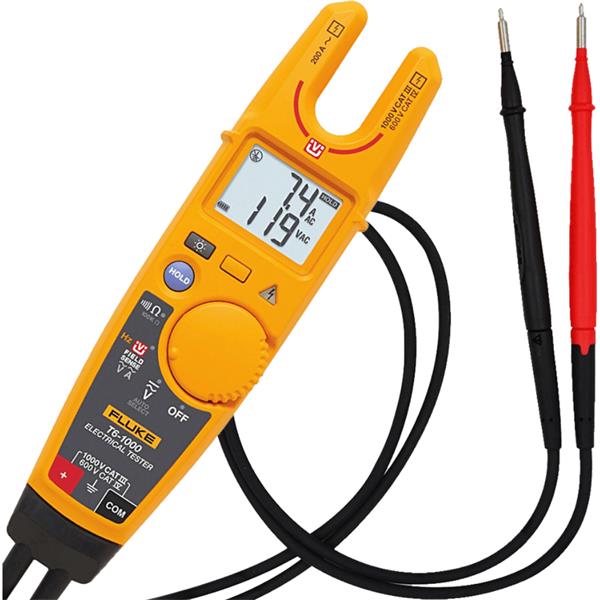
Enhancing Home Safety
Identifying Electrical Hazards
One of the primary roles of electrical testers is identifying potential hazards in a home’s electrical system. Faulty wiring, loose connections, and outdated outlets can all lead to dangerous situations if left unchecked. Regular use of electrical testers can spot these problems early, often before they escalate into serious issues. For instance, a simple voltage tester can reveal if an outlet is malfunctioning or if there’s an unexpected voltage presence. This proactive approach significantly reduces the risk of electrical fires, appliance failures, or short circuits, making it essential for every homeowner to include testing as part of their maintenance routine.
Preventing Electrical Shock
Electrical shock is one of the most severe dangers associated with home electrical systems. Even a brief contact with a live wire can result in serious injury or even fatality. Electrical tester help prevent such accidents by ensuring circuits are safe before any repair work begins. For example, before replacing a faulty light switch or an outdated light fixture, a homeowner can use a voltage tester to confirm that the circuit is de-energized. This simple yet necessary precaution can help avoid life-threatening situations and contribute to the overall safety of anyone working with electrical installations or repairs.
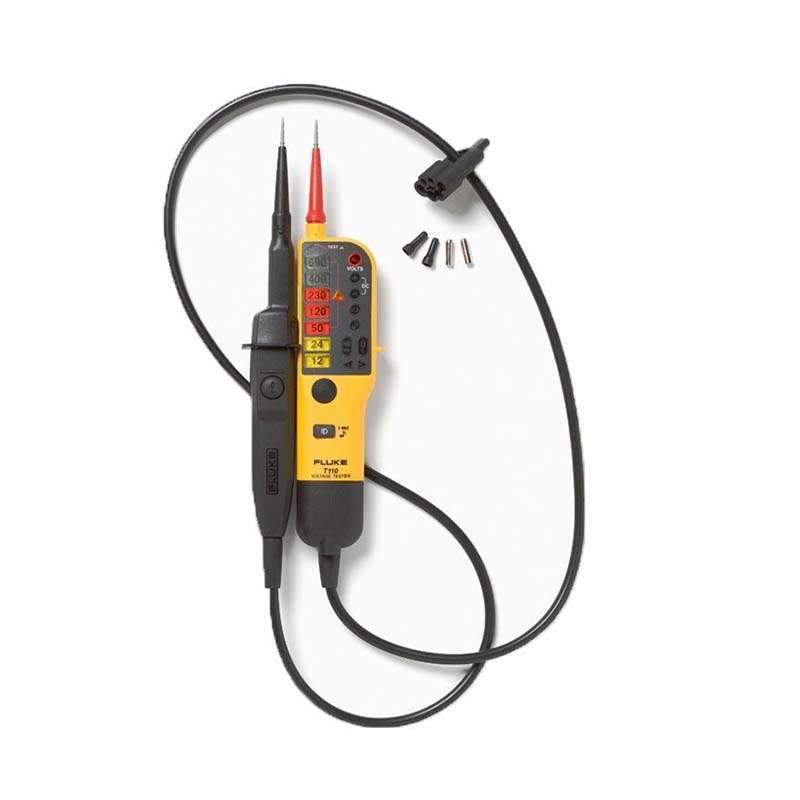
Cost-Effective Maintenance
Reducing Repair Costs
Maintaining a safe electrical system is not just about avoiding accidents; it also saves money in the long run. Regularly testing wiring and outlets can help prevent severe damage that often requires costly repairs. For instance, catching a minor short circuit or a loose connection early can save homeowners from the extensive expenses involved in restoring damaged devices, rewiring entire circuits, or dealing with fire-related repairs. By proactively managing small problems as they arise, homeowners can reduce the need for professional electrical services, allowing them to allocate their budgets more effectively to preventive efforts.
DIY Projects Made Easier
For homeowners who enjoy DIY home improvement projects, electrical tester provide a reliable way to assess whether the tasks they plan to undertake are safe. From replacing an outlet to installing a ceiling fan, having a tester on hand ensures that these projects can be carried out correctly and that safety measures are properly followed. For instance, when installing a new light fixture, testing the voltage before starting ensures the circuit is safe to work on. This capability promotes confidence in handling minor electrical work, empowering homeowners to take control of their home maintenance without hiring professionals for every task.
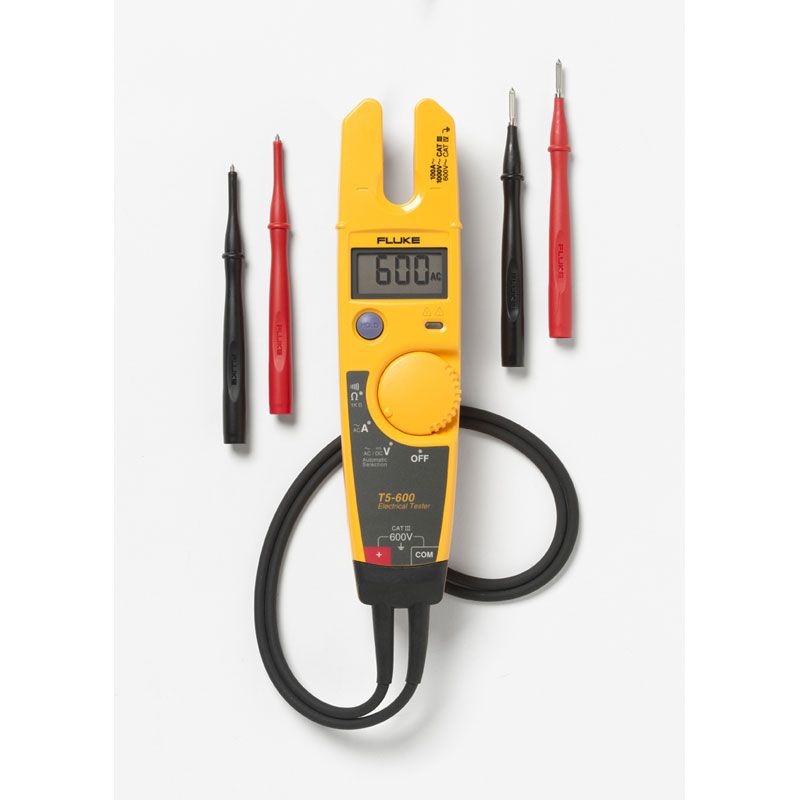
Increasing Home Efficiency
Monitoring Electrical Systems
Electrical testers can also contribute to the overall efficiency of a home. By monitoring voltage drop and current levels, homeowners can identify underperforming appliances or circuits. For example, if a specific appliance consistently draws more current than it should, it could indicate that it’s malfunctioning or nearing failure. This information allows for better decision-making regarding upgrades, replacements, or repairs to ensure that every appliance operates at its best, ultimately saving on energy bills while prolonging their lifespan.
Electrical Load Management
Understanding electrical load is another important function of electrical tester. Homeowners can use these devices to measure how much load their circuits are handling. This information is crucial for preventing overload situations, such as when too many appliances are used on a single circuit, which could lead to tripped breakers or electrical hazards. By knowing their capacity, homeowners can plan renovations or additions with safety in mind, ensuring that their electrical systems are capable of handling increased demand. Proper load management can significantly contribute to the longevity and reliability of a home’s electrical infrastructure.
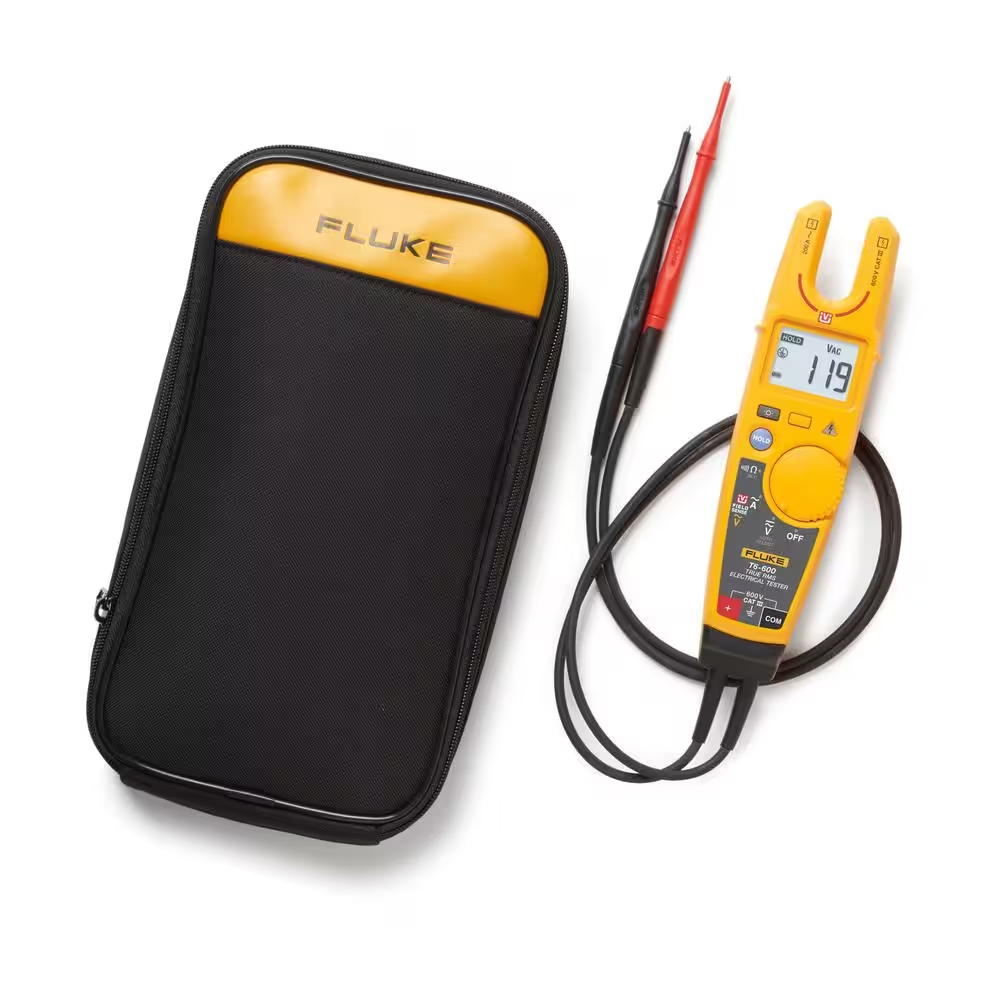
Essential Safety Protocols
Using Testers Correctly
To maximize the benefits of electrical tester, it is crucial to use them correctly. Always read the user manual before handling any tool to understand its functionality and limitations fully. Proper usage includes ensuring that testers are rated for the specific voltage and environment in which they will be applied. Additionally, following recommended safety practices—like wearing insulated gloves and eye protection—while using electrical tools is vital. This careful approach allows homeowners to minimize risks while conducting electrical work around the house, ultimately protecting themselves and their property.
Regular Testing Schedule
Incorporating a regular testing schedule into your home maintenance routine is beneficial for ensuring that your electrical systems are functioning safely and efficiently. Monthly checks of major circuits and outlets can help catch issues before they escalate into serious problems. Homeowners should prioritize areas that experience frequent use, such as kitchens or garages, and ensure they are consistently tested. Keeping a dedicated log of testing results will help track changes over time, providing insight into your home’s electrical health. Making testing a routine part of home upkeep ensures ongoing safety and can prevent surprises during crucial times.
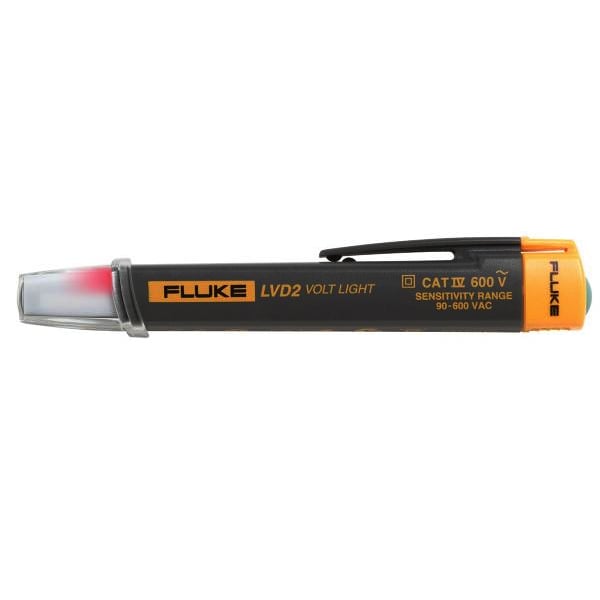
Choosing the Right Electrical Tester
Factors to Consider
When selecting an electrical tester, consider several factors that affect your choice. The specific type of work you plan to do will dictate the kind of tester you need. For simple voltage checks, a basic voltage tester may suffice; however, if you’re looking for comprehensive measurements and diagnostics, a multimeter would be more appropriate. It’s also essential to consider the tester’s range, accuracy, and safety features. Choosing a reliable brand with good reviews will ensure that your tester provides accurate readings and a long lifespan for regular use.
Features to Look For
When making your choice, look for testers that include features tailored to your specific requirements. Models with backlit displays can be beneficial for working in dimly lit areas, allowing for better visibility while you test circuits. Additionally, some testers offer non-contact voltage detection, enhancing safety by allowing you to check for live wires without making direct contact. Durability is also an important consideration; testers designed to withstand drops and environmental factors will provide better long-term value. Investing in a quality electrical tester will pay dividends in safety and reliability.
Conclusion
Electrical testers are essential tools for any homeowner concerned about safety. They help identify hazards, prevent dangerous situations, and promote efficient electrical systems. By incorporating these testers into regular maintenance routines, homeowners can stay proactive about their electrical health and identify troubleshooting needs before they turn into urgent issues.
Understanding different types of testers, choosing the right one, and employing proper testing techniques will enhance home safety. This dedication not only protects loved ones but also saves money on potential repairs. Making electrical testing a priority transforms it from an overlooked task to an essential part of home care, allowing individuals to have peace of mind knowing their home’s electrical systems are in optimal condition. Regular testing becomes a straightforward yet vital process that ultimately contributes to a safer and more enjoyable living environment.